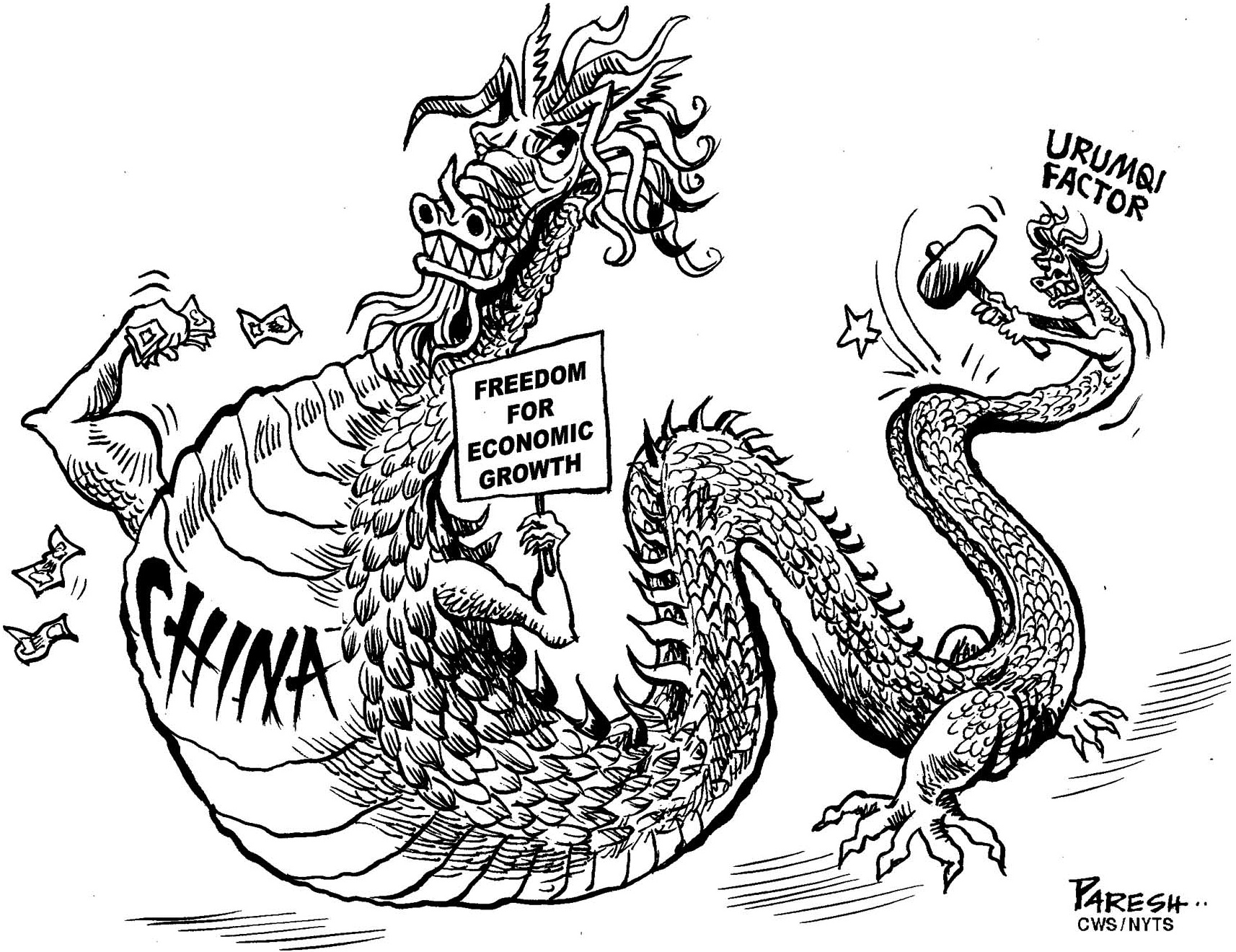Thanks to its insulation from the outside world, a powerful repressing apparatus and its "third world" status, China was long free of major terror attacks. In spite of its growing economic influence, it was perceived as "different" from Western, often former colonial, powers. However, China is increasingly confronted by the same risks, and the rhythm of attacks against its citizens and interests has accelerated in recent years, both within and outside its territory.
Inside China, terror attacks are linked to the situation in Xinjiang, but also to bursts of violence caused by frustration and grievances against the system. Outside its own territory, China is increasingly treated to the same terrible threats as other major powers. Chinese people are the targets of kidnapping and executions, while radical Islam organizations denounce Beijing's treatment of Muslim minorities in China.
A few weeks ago, Islamic State radicals for the first time executed a Chinese hostage, and three representatives of a Chinese state railway company were killed in Bamako, Mali. Terror attacks against Chinese interests and personnel happened in recent years in Pakistan, raising questions on the future of Chinese investments in the region, and in Ethiopia, where the Ogaden Liberation Movement targeted a Chinese oil company.


















With your current subscription plan you can comment on stories. However, before writing your first comment, please create a display name in the Profile section of your subscriber account page.